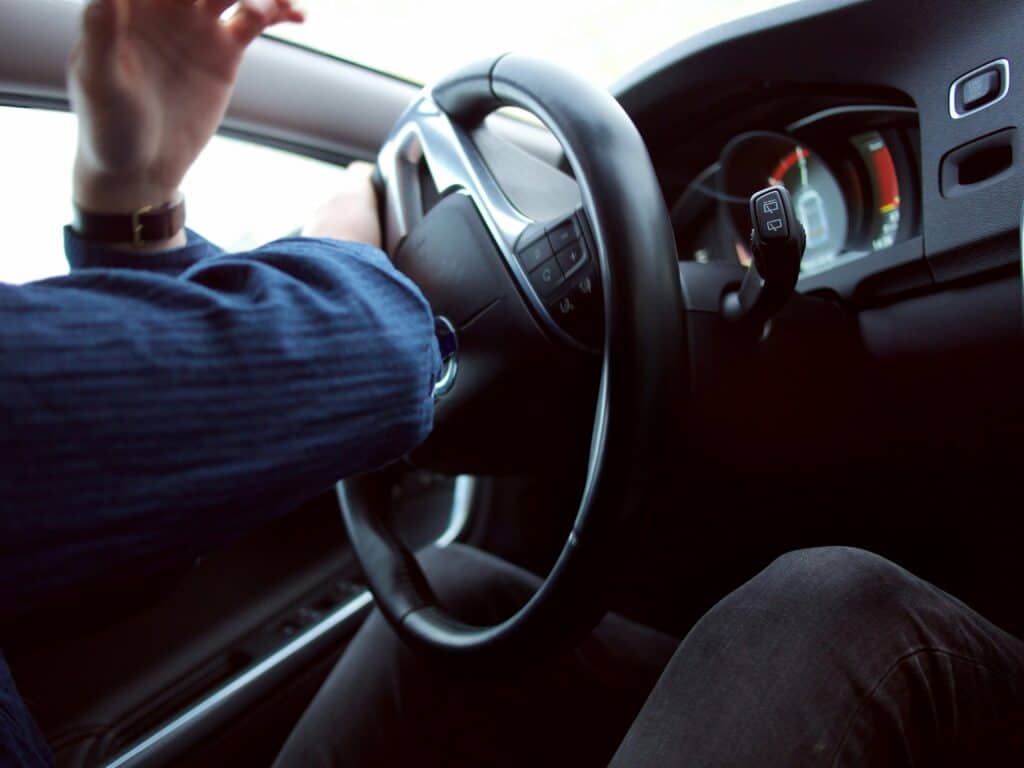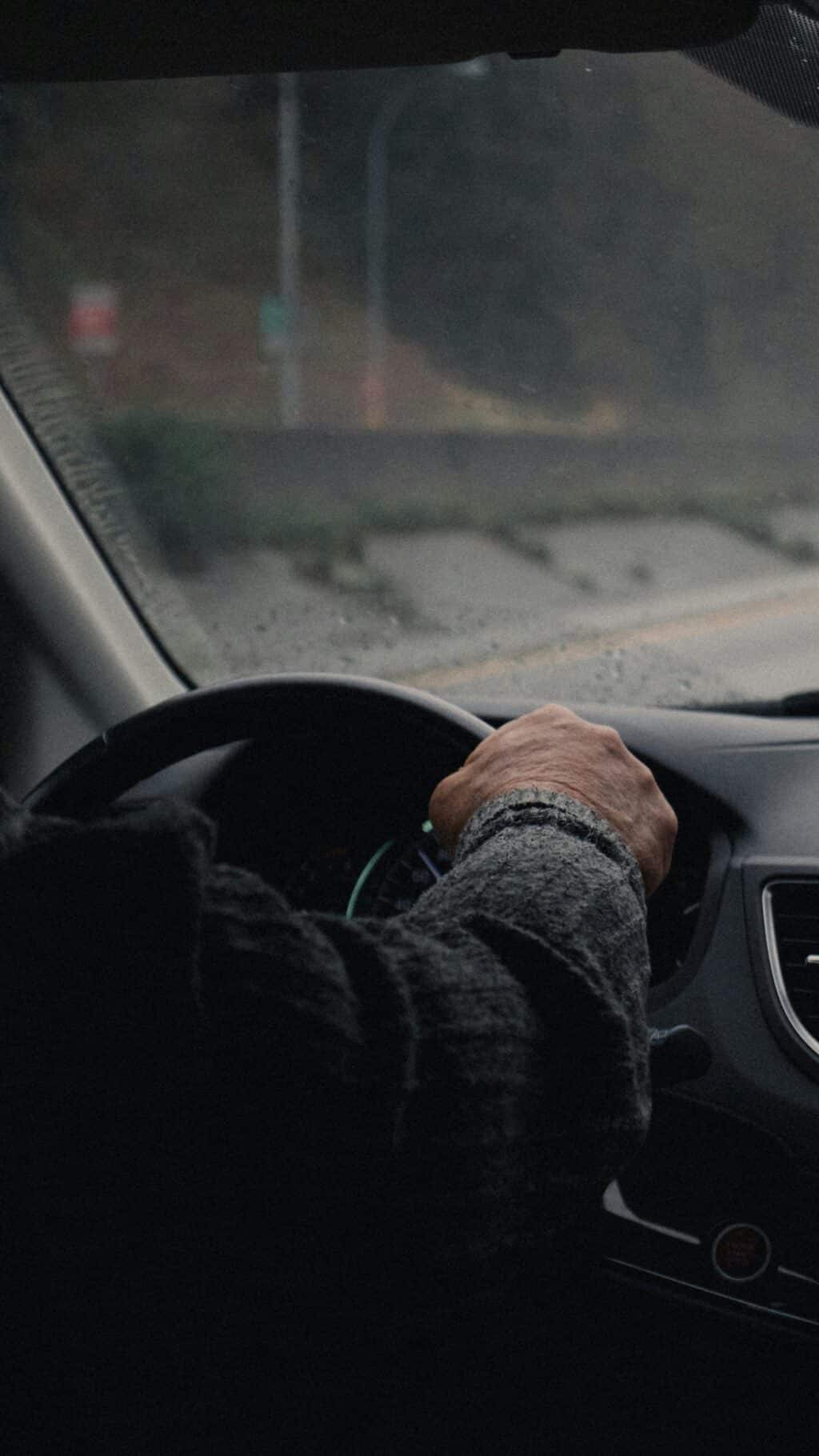A serious car wreck can send your life into a tailspin. Not only can you suffer serious personal injury, but long after your physical wounds are healed, you might still find yourself dealing with the mental and emotional impact.
If you’ve been the victim of a car wreck that wasn’t your fault, then you are well aware of how difficult it can be for life as you once knew it to return to normal.
Personal injury lawyers agree. Says the professionals at Seay/Felton LLC, personal injury attorney, Macon, GA., no matter how or where you were hurt in a car wreck, if your accident was the fault of someone else’s negligence, you need to learn about your legal rights.
Only then can you proceed with a court case that can potentially award you with the financial settlement you need while recovering.
That said, how do you go about coping with the mental aftermath of a car wreck?
According to a recent report by Psychreg, if you’ve survived a car wreck with only minor physical injuries, you might believe that things will get easier from this point on.
However, even though the physical wounds might heal relatively rapidly, the emotional wounds that accompany posttraumatic stress disorder, or PTSD, will often occur soon after. A bad car wreck is said to be an excellent example of the kind of harrowing experience that can trigger PTSD.
However, PTSD is treatable despite it being so prevalent after a vehicular collision. Medicine, support from family and friends, and professional counseling are said to be just some of the ways you can manage the difficult situations and emotions that go with PTSD after an accident.
It’s crucial that treatment begin as soon as possible since the mental healing will not happen on its own.
Fortunately, a variety of treatments are available for those suffering from PTSD due to a car wreck. Here are just a few highly effective ones.
IMAGE: UNSPLASH
Car Wreck – Professional Help
PTSD is characterized by feelings of anger, helplessness, and fear. These become heightened after a traumatic event like bad a car crash. If you find yourself experiencing flashbacks, nightmares, insomnia, excessive sadness, thoughts of suicide, and more, you need to seek professional help immediately.
Only then can you get the emotional support from highly trained individuals who can assist you with navigating the mental health aspects of car accident recovery.
Avoidance Of Triggers
While it’s very possible if not probably that you will recover from PTSD, it can take considerable time before you can return to normal, everyday life.
Focusing on baby steps while taking measures to eliminate as many distress triggers as possible is said to be the most effective treatment strategy.
For instance, it’s a good idea that you refrain from driving or even being a passenger in a car for a while. If driving is necessary for your job and other family responsibilities, talk to your counselor about how you should handle it.
Should you simply drive to work and back and leave it at that? Or perhaps you might consider hiring a driver for a little while until you get your confidence back. If you drive a truck of a cab for a living, perhaps you need to take time off.
Keep in mind, if you suffer an anxiety attack while driving, pull over as soon as you can, and call for assistance.
Talk It Out
Says Psychreg, even if you were the driver and sustained no harm physically during a bad car wreck that left others injured and even deceased, the terrible experience can leave you feeling on edge and shaken up. The same goes for a passenger who wasn’t harmed physically.
Anxiety brought about by PTSD following an auto accident is very common, but you need to garner the strength necessary to beat it.
One way to do this is to share your story with other like-minded people. One of the best methods for coping with the aftermath of a traumatizing event is to talk it out.
You might also consider keeping a journal and/or talking with a trusted friend about how you’re feeling on a day-to-day basis. For instance, if you find yourself feeling rage or fear, it’s important to record the time and date of these incidents, then reveal them to your counselor.
In the end, when you effectively express the ill feelings and emotions that go with PTSD caused by a bad car wreck, the better the likelihood that they will not occur so severely in the future.
It’s a fact that your injured emotions will not go away on their own, which means it’s important to give them a voice.
It might feel strange at first, but once you are able to open up to trusted individuals about your PTSD, you will find yourself not on a dangerous road, but instead, the road to recovery.
IMAGE: UNSPLASH
If you are interested in even more lifestyle-related articles and information from us here at Bit Rebels, then we have a lot to choose from.


COMMENTS